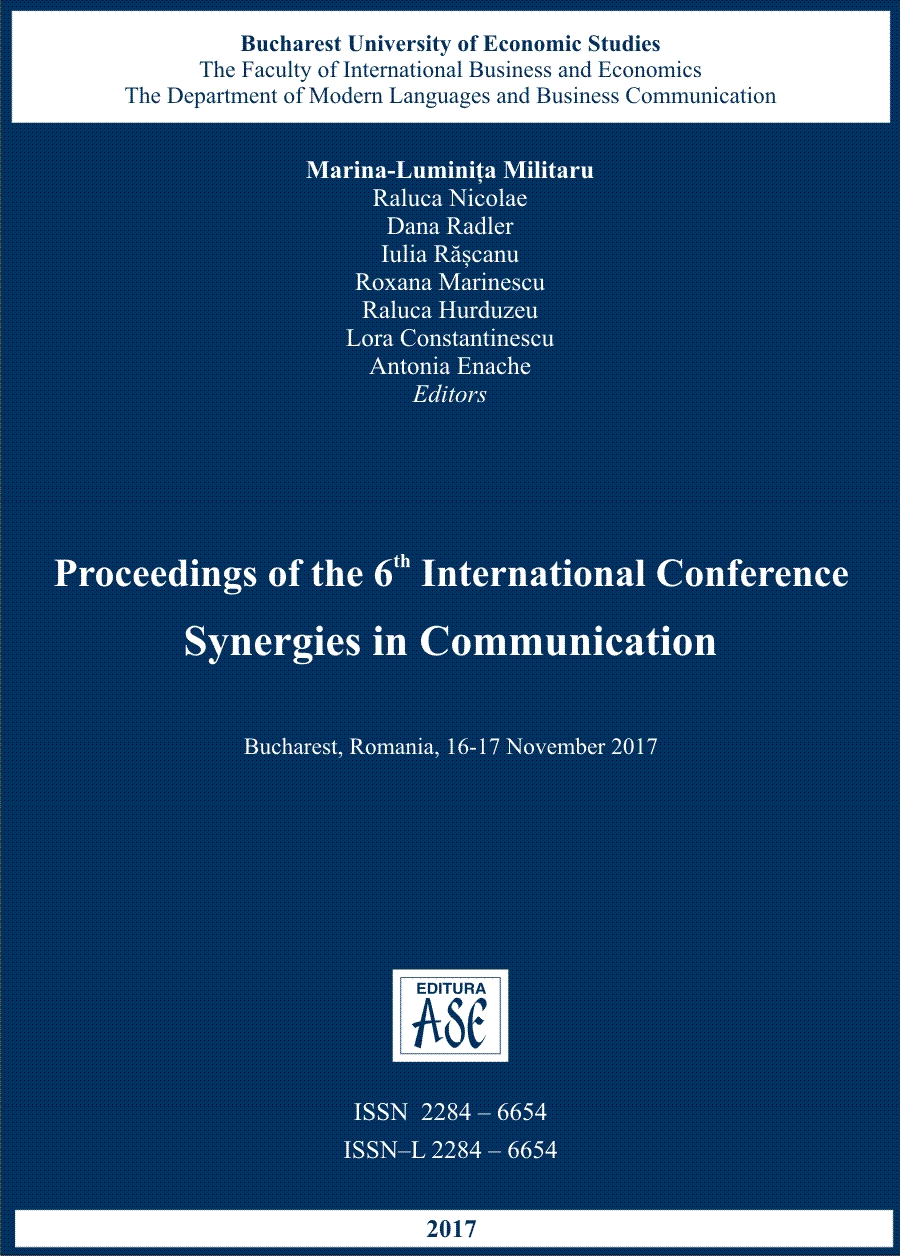SEVERAL REMARKS ON DEATH IN GREEK TRAGEDY AND THE PHILOSOPHY OF MARTIN HEIDEGGER
SEVERAL REMARKS ON DEATH IN GREEK TRAGEDY AND THE PHILOSOPHY OF MARTIN HEIDEGGER
Author(s): Sorana Cristina MANSubject(s): Language and Literature Studies, Studies of Literature, Existentialism, Theory of Literature
Published by: EDITURA ASE
Keywords: tragedy; death; Prometheus; Heidegger; Dasein; existentials;
Summary/Abstract: This article sets out to highlights the connections that can be made between the issue of death in Greek tragedy, especially in Aeschylus' Prometheus Bond, and some of Martin Heidegger's concepts. Just as the tragic heroes are responsible without being free, because they are subject to fate or to the forces within them and therefore responsible for what they do with what has been given to them, Heidegger's Dasein has certain determinations which he cannot free himself from. Thrownness (Geworfenheit) and state-of-mind (Befindlichkeit) must be mentioned in the context of death in the tragedies since they express , on the one hand, constraint, delimitation, and on the other hand, the freedom which this constraint opens to. In his treatise On Limit, Gabriel Liiceanu writes about a matrix of mankind's borders and limitations, about mortals' unchosen and immutable 'given'. Moira and tyche in Greek, as well as fortuna and fatum in Latin have a partly similar, partly different meaning. Prometheus is the one who made mankind aware of death, who revealed to them that they are mortals without letting them know the moment of their death. Thus, knowing that he will die, man lives in the horizon of his own death. It is what Heidegger calls Sein-zum-Tode, which means being-towards-death.
Journal: Synergies in Communication
- Issue Year: 1/2017
- Issue No: 1
- Page Range: 168-173
- Page Count: 6
- Language: English

